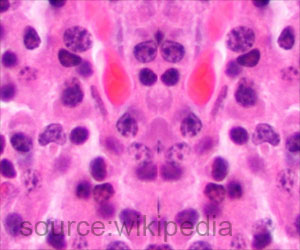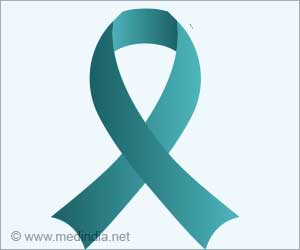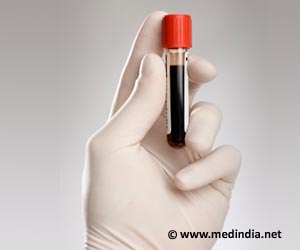Moderate kidney disease increases an older man's risk of developing certain cancers, according to an upcoming study in the Journal of the American Society Nephrology (JASN).
It is a fact that Chronic Kidney Disease (CKD) affects about one-third of older men. Now, an upcoming study in the Journal of the American Society Nephrology (JASN) has revealed that even moderate kidney disease increases an older man's risk of developing certain cancers. Hence, it becomes imperative for older men to maintain kidney function, which could help prevent cancer in the general population.
People with end-stage renal disease (ESRD) and kidney transplant recipients are at increased risk of developing cancer, but little is known about the cancer risks of individuals with milder kidney dysfunction. To investigate, Germaine Wong, MD (Children's Hospital at Westmead, Australia), and her colleagues studied data from 3654 Australians aged 49 to 97 years who were followed for an average of 10 years. They observed individuals who had decreased kidney function for an increased risk of developing cancer.The researchers discovered that men with moderate kidney dysfunction had a 39% increased risk of developing cancer over the risk seen in men with normal kidney function. Risk increased as kidney function declined, and men with significant kidney dysfunction had a three-fold increased risk above normal. The risk for lung and urinary tract cancers, but not prostate cancer, was higher among men with kidney disease.
Some evidence suggests that inflammation caused by CKD may contribute to the development of cancer. Other studies have found an association between Vitamin D deficiency, which is highly prevalent among people with moderately reduced kidney function, and increased cancer risk. Additional research is needed to uncover the underlying mechanisms involved in the cancer-kidney disease link found in this study and to explain why a link was not found in women.
According to Dr. Wong, "Men with CKD should be aware of cancer prevention and screening for early detection," she said. "CKD prevention may be a worthwhile strategy for preventing and reducing cancer risk in the general population."
Source-Eurekalert
TAN













